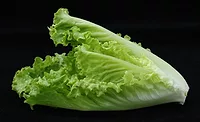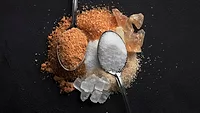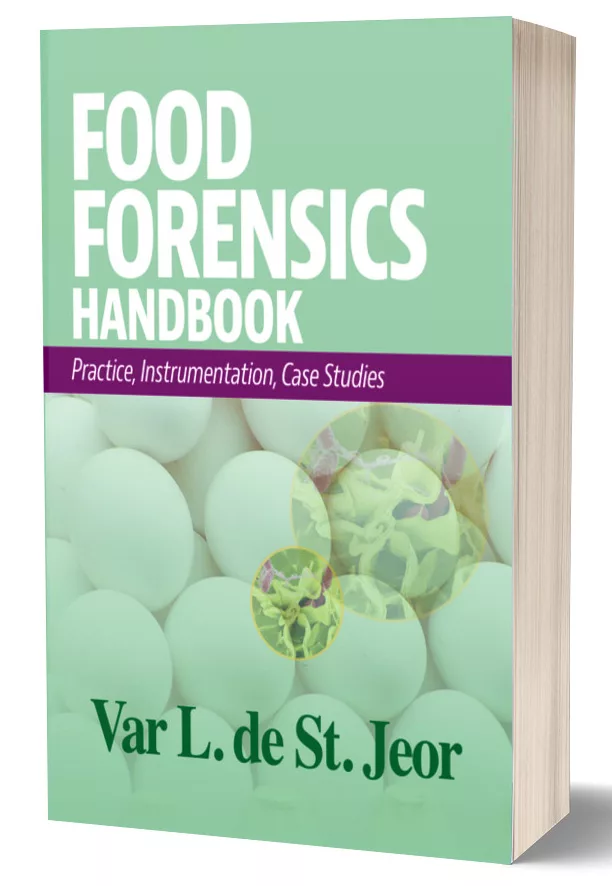Previous Research on Food Additives Deemed “Faulty”

Last week, FMC Corporation announced that an analysis that was published in Food and Chemical Toxicology--a respected peer-reviewed journal--has found significant flaws in food additive research, specifically related to the food ingredient carrageenan.
Carrageenan is a soluble fiber derived from red seaweed and a food ingredient that has been used for hundreds of years across the globe. It is an approved food additive in the United States, including use in foods specified as “organic.” Its safety has been examined by food regulatory agencies around the world. Today, it is a valuable commercial ingredient because of its advantageous properties. When used as an ingredient in beverages, carrageenan preserves texture, structure and stability, enabling the export of countless shelf-stable beverage products. It is particularly suitable for shelf-stable dairy beverages and protein-enriched drinks. Specifically, carrageenan has continued to be used in dairy-based and enriched beverages, mainly in chocolate milk and chocolate milk applications such as syrups and powered milk.
Previous research claimed that carrageenan is unsafe for consumption. The new analysis--funded by FMC--has uncovered that previous testing had been performed on faulty cells that had considerable defects instead of typical normal human colon cells--a fact that was confirmed by the company who provided those cells.
Although all affected parties have been made aware of the mistake, no retraction has been issued. The faulty study continues to be quoted and cited throughout the media.
Dr. Roger Clemens, associate director of the regulatory science program within the University of Southern California’s School of Pharmacy says, “It is an unfortunate tragedy that conclusions drawn from faulty science is so widely cited as evidence of harm. Far too many of our food fears fail to hold up under more rigorous examination,”
Sign up for Food Safety Magazine’s bi-weekly emails!
Looking for quick answers on food safety topics?
Try Ask FSM, our new smart AI search tool.
Ask FSM →








